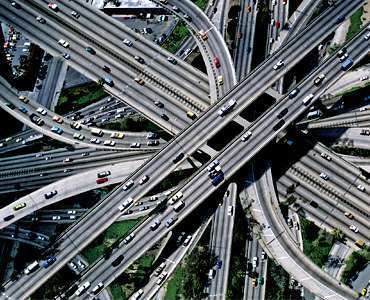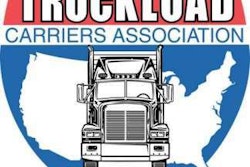
The nation’s mayors on Tuesday, March 6, renewed their call for enactment of transportation legislation now pending in Congress. In a letter signed by 188 U.S. mayors, they urged the House and Senate to enact bicameral, bipartisan surface transportation reauthorization legislation.
“Next year, cities and their metro areas will generate 90.4 percent of our gross domestic product and 85.6 percent of the nation’s jobs,” the letter read. “Our local areas are the engines of the U.S. economy, and investment in our future is an investment in the nation’s future prosperity.”
Congress continues to work on a reauthorization bill for surface transportation programs such as roads, bridges, railroads and public transit. The current authorization is set to expire on March 31, a date which has become the unofficial deadline for the bill. With the deadline looming, some action is likely to be seen in the coming weeks, although many issues remain unresolved.
The House bill (H.R. 7) has been difficult to finalize. The cuts to federal employee pensions, originally intended to fund the bill, were used instead to help fund the recent payroll tax cut package. A bill providing for another source of funding sought by House Republicans, new oil & gas drilling offshore and in the ANWR Wildlife Preserve, has received a threat of veto from President Obama. More recently, the House measure was again delayed in order to shorten its length from a proposed five years to a timeline closer to that of the two-year Senate bill (S. 1813).
In addition to urging passage of the reauthorization measure, mayors also reiterated their strong opposition to a pending House bill that proposes to shift gas tax revenues away from public transportation.
“As mayors, we urge adoption of final bipartisan legislation that provides adequate funding, at least at current levels with an adjustment for inflation, to help us invest in needed transportation infrastructure and preserves the fundamental elements of current law. As such, this explains why we so strongly oppose the pending House proposal to redirect existing federal gas tax commitments away from public transportation, undermining years of bipartisan support in Congress for balanced investment in our nation’s highway and transit systems.”
Mayors also warned of the transportation projects that would be halted and the subsequent job losses that would result from inaction. “There is a significant demand for major transportation now at a time when construction is less costly and the resulting jobs are so urgently needed in our local and regional economies. If Congress does not address these challenges, the potential consequences for the nation could be devastating.”
The National Retail Federation also urged Congress to move quickly. “Everyone agrees that there is a critical need for Congress to pass this important legislation,” said David French, NRF senior vice president for government relations. “We cannot continue down a path of short-term extensions that provide less and less certainty to the highway programs. Congress must act now to provide certainty and to allow U.S. companies to remain competitive on a global basis.”
French praised a provision of the bill calling for development of a “critically needed” national freight policy, one of retailers’ top priorities. “A national freight policy will help to ensure that we are able to reduce current bottlenecks and chokepoints which impact the ability to move cargo seamlessly and without delay through the U.S.,” he said.











